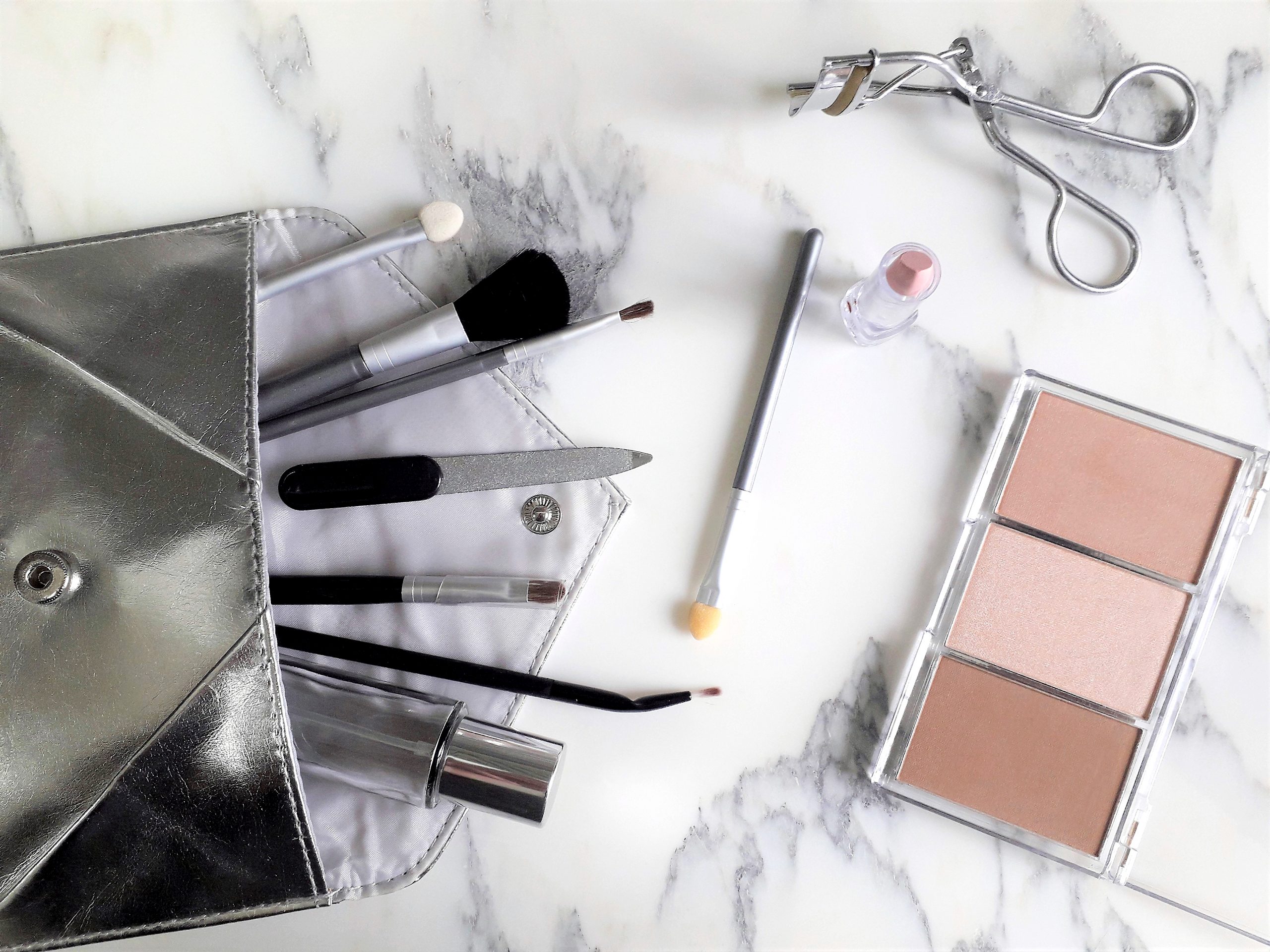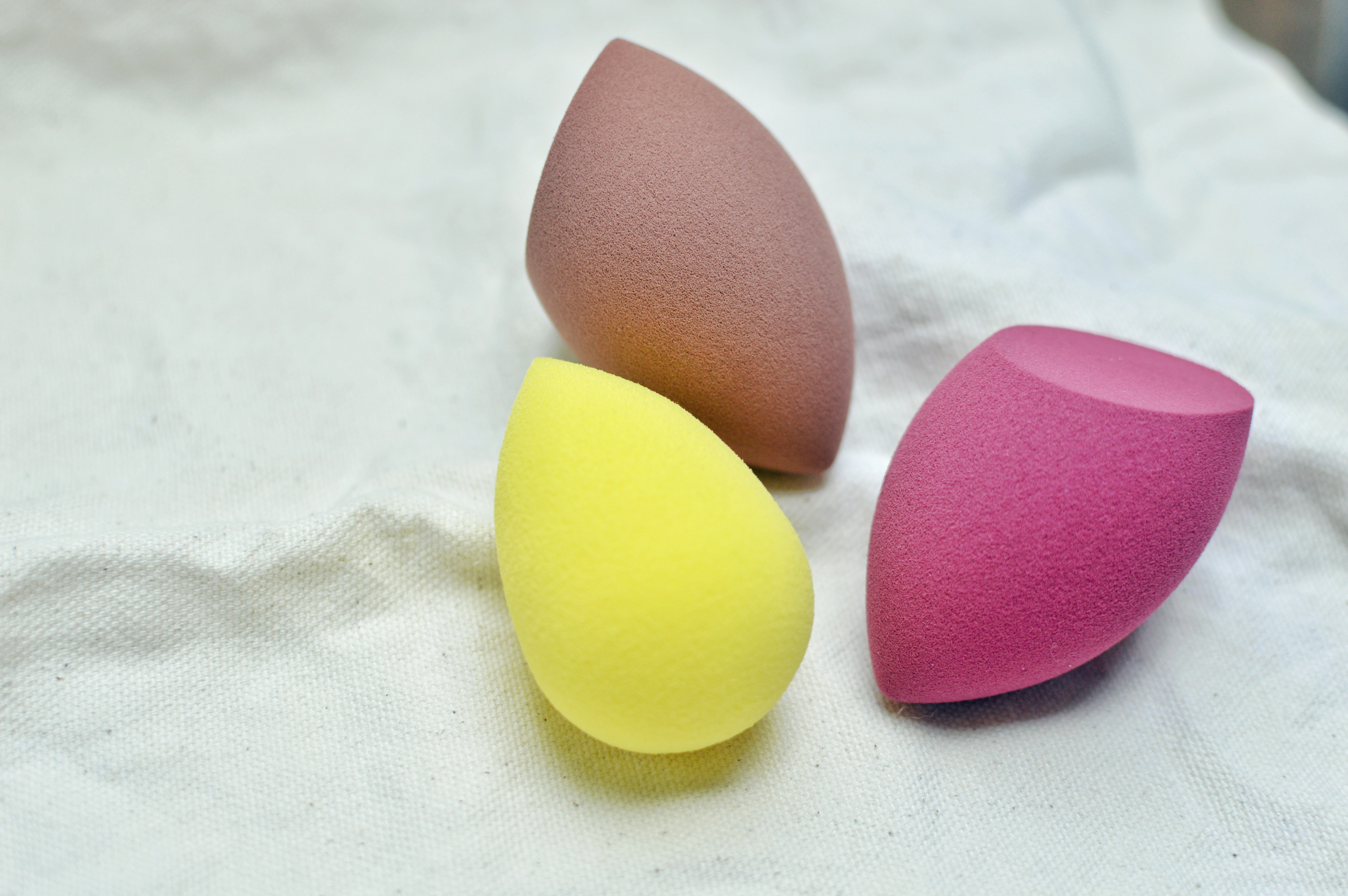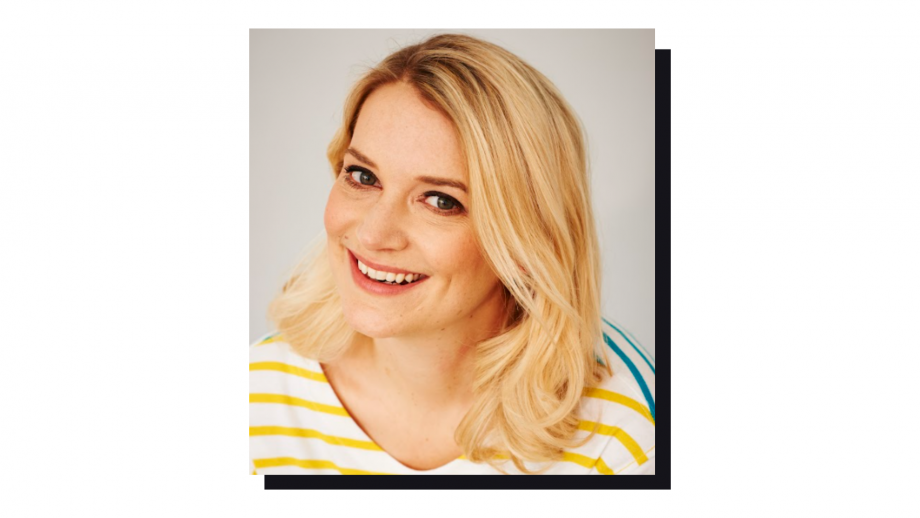How clean is your make-up bag? Study reveals 90 per cent contain harmful bacteria


Parenting advice, hot topics, best buys and family finance tips delivered straight to your inbox.
You are now subscribed
Your newsletter sign-up was successful
Just think about all the spillages, dust and debris that builds up in your make-up bag over the years.
Well, those hygiene horrors could be causing you serious harm. Researchers from Aston University’s School of Life and Health Sciences, in Birmingham, discovered deadly superbugs, such as E.coli, staphylococci and salmonella, in 90 per cent of make-up bags tested.
Which is bad news for your health, as contaminated products can cause skin infections, blood poisoning, pneumonia and conjunctivitis.

The worse affected items were beauty blenders, used for contouring and foundation, which are ideal for breeding bacteria as they’re often left damp. The study found 72 per cent of them were carrying staphylococcus bacteria, while 57 per cent were contaminated with fungi. This is not surprising, considering almost all of them had never been cleaned, despite 64 per cent of them being dropped on the floor at some point.
‘Poor hygiene practices when it comes to using make-up, especially beauty blenders, is very worrying,’ says Dr Amreen Bashir, who was involved in the study.
‘We found bacteria, such as E. coli – which is linked with faecal contamination – breeding on the products we tested. More needs to be done to help educate consumers and the make-up industry about the need to wash beauty blenders regularly and dry them thoroughly, as well as the risks of using make-up beyond its expiry date.’
Stay safe by keeping your make-up bag germ-free by either buying a new wipe clean one (preferable in clear plastic so you can find what you’re looking for quickly) or investing in a machine washable one or one that can be hand-washed in warm water.
Parenting advice, hot topics, best buys and family finance tips delivered straight to your inbox.
Here’s how to keep the rest of your make-up safe:
Mascara:
Wands are constantly dipped in and out, which can cause bacteria to build more quickly. Only keep mascara for four months – consistent use of the same brush increases the risk of an infection in an already sensitive area.
Foundation:
As soon as your base starts to smell funky, change colour or separate, then it’s time to bin it – this is usually between six months to a year. If you use your fingers to apply, wash them first.
Lipstick:
In tests, one in ten lipsticks and lip glosses were found to be harbouring E. coli. If yours start to crumble or look a bit gloopy, then it’s time to part ways – expect it to stay ‘safe’ for around a year.
Brushes:
Washing your tools regularly in warm water with a gentle shampoo will leave them bacteria-free, and prolong their lifespan to around three years.
Blusher:
Powder-formula blushers should last up to two years, but if they become rock-hard or chalky, it’s best to buy a new one. Cream blushers last a little less – always toss out when you notice a change in texture.

Faye M Smith is a Senior Health And Lifestyle writer working across Woman & Home, Feel Good You, Woman’s Own and Woman magazine. Having gained an NCTJ postgraduate diploma, Faye has worked for 15 years in journalism, covering a range of lifestyle topics for companies including the BBC, Press Association, News UK and Hachette.